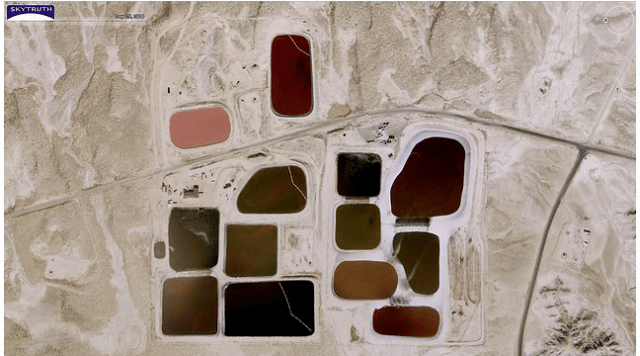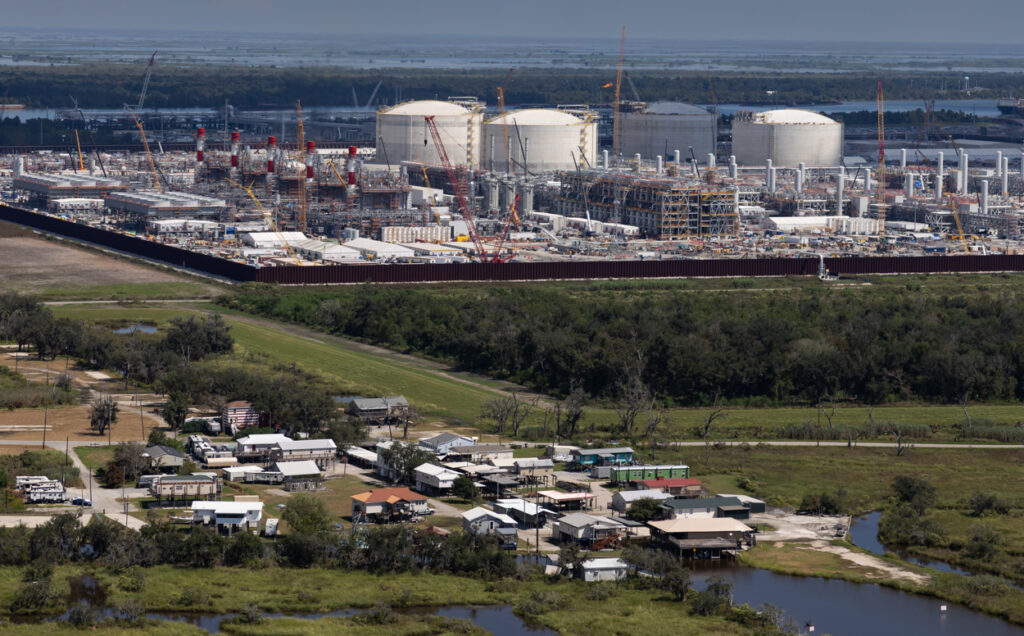Last week, US Senators Robert Casey (D-PA) and Frank Lautenberg (D-NJ) reintroduced legislation to the Senate that would close the oversight gap that the gas industry has taken full advantage of since 2005. The “Fracturing Responsibility and Awareness of Chemicals Act,” commonly known as the FRAC Act, would close the Halliburton Loophole in Dick Cheney’s infamous 2005 Energy Policy Act, which exempted hydraulic fracturing from the auspices of the Safe Drinking Water Act (SDWA).
Hydraulic fracturing is used in 90% of all unconventional natural gas wells in the U.S. and involves the injection of millions of gallons of water, sand and dangerous chemicals into the ground. The bill would also require that the natural gas industry publicly disclose the chemicals they use to drill for unconventional gas. These chemicals, including potent cancer-causing agents, are protected as industry trade secrets.
The FRAC Act was originally introduced as a set of twin bills to the House and Senate in 2009 but died in the last session of Congress. According to new supporter Senator Frank Lautenberg, the FRAC Act will give the EPA the necessary backing to, at the very least, properly investigate and assess the risks associated with hydraulic fracturing.
The industry’s aggressive lobbying campaign against the FRAC Act is part of a larger agenda to limit federal oversight of gas drilling. The legal void created by the Energy Policy Act in 2005 essentially crippled the Environmental Protection Agency’s (EPA) ability to properly monitor the boom in gas fracking activity, especially the potentially serious threat to drinking water supplies. A long history of industry pressure on EPA scientists is also present on this issue, leading to the narrowing of scope in the EPA’s investigations and the elimination of critical findings when it comes to certain fracking threats.
As a result of the Halliburton Loophole, the states are left to monitor the gas industry’s rapidly evolving drilling practices themselves, with few federal standards in place to safeguard public health and water supplies. A growing number of communities impacted by the gas industry’s fracking practices consider this reliance on state agencies a risky gamble. In many states, the state oil and gas commission handles both the oversight and promotion of the industry, and as one recent report noted, “the primary mission of these agencies has been to facilitate natural gas extraction and increase revenues for the states.”
The gas industry has responded to the proposed legislation with a misleading advertising and lobbying campaign, attempting to pressure lawmakers to keep oversight at the state level and limit federal participation.
Industry-sponsored reports have praised the regulatory oversight of state commissions, and lobby groups have suggested that federal engagement would be bad for the environment.
Among the favorite scare tactics employed by the gas industry is the suggestion that federal involvement would mean millions in lost state revenue, further unemployment and compromised energy security. Industry lobbying efforts have so far succeeded in stalling any momentum towards the implementation of much-needed federal standards for fracking.
But as the recent New York Times’ “Drilling Down” series on gas drilling shows, the industry is in serious need of more thorough federal oversight. According to these reports, the states are failing to monitor radioactive drilling wastes, much less ensure their proper disposal. As a result, the Times notes how the wastes can end up back in streams and rivers that source the drinking water supply. A single gas well can produce over a million gallons of radioactive waste water contaminated with cancer-causing agents, posing a threat to drinking water and health if not properly handled and disposed.
The FRAC Act is one crucial step in the long journey to proper accountability for all risky practices in the gas industry. But powerful gas industry lobbying forces will work to derail it. In fact, they already are.
Lee Fuller, executive director of Energy in Depth, the most vocal industry front group, was quick to attack the reintroduction of the FRAC Act, saying the bill is based on “fundamentally incorrect information.” EID insists that hydraulic fracturing was never regulated under the Safe Drinking Water Act (SDWA), so the legislative attempt to “restore” this regulation is misguided. Yet the process was always regulated by the Underground Injection Control (UIC) program of the SDWA until language inserted into the 2005 Energy Policy Act excluded the underground injection of fluids for the sake of oil and gas extraction.
This isn’t the only EID claim intended to confuse the public, as DeSmogBlog recently revealed.
While Energy In Depth suggests that hydraulic fracturing has “become a victim of its own success,” the citizens whose water supplies and health have been put in jeopardy would beg to differ.
The industry is still parroting the same refrain: that ‘no proven instances of water contamination have been directly linked to hydraulic fracturing.’ Yet with mounting instances of water contamination occurring across America, all this statement reflects is the near impossibility of bringing this cavalier industry to account.
Congress must work quickly to pass the FRAC Act and to safeguard the public from the gas industry’s fracking mess.
Subscribe to our newsletter
Stay up to date with DeSmog news and alerts







